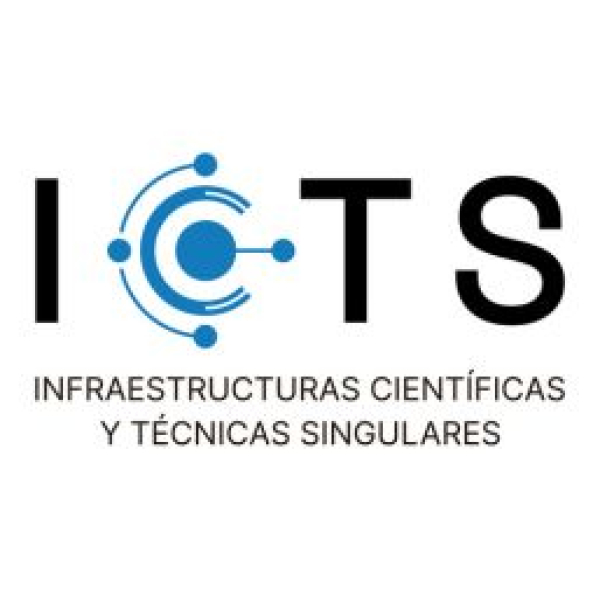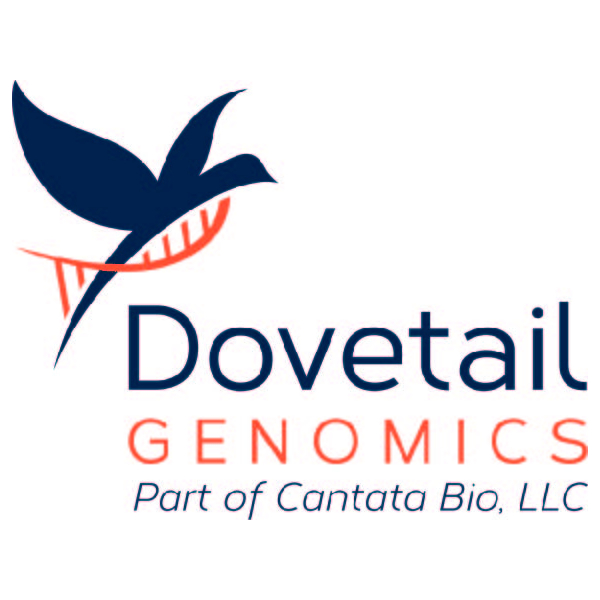
Following the success of the first edition of the PhD programme for physicians - PhD4MD, an initiative created by the Centre for Genomic Regulation (CRG), the August Pi i Sunyer Institute for Biomedical Research (IDIBAPS), the Institute for Research in Biomedicine (IRB Barcelona) and the Vall d’Hebron Research Institute (VHIR), the participating centres have now launched a second edition.
The second edition of PhD4MD will accept applications until 30 March for five fellowships to be awarded to medical doctors who have completed their residency/speciality. Participants may choose between 11 collaborative projects to be undertaken on one hand at the CRG, CNAG-CRG or IRB Barcelona, internationally renowned research institutes in the life sciences, and on the other hand at IDIBAPS or VHIR, leading centres in translational research, associated with the Hospital Clínic and the Vall d’Hebron University Hospital, respectively.
The proposed research projects cover diverse areas of research and focus on different diseases. The projects range from different types of cancer, chronic obstructive pulmonary disease, idiopathic inflammatory myopathies fertility to new immunotherpay approaches, personalised medicine in AIDS, and more.
In addition to these new projects, the second edition also introduces the possibility for physicians who have obtained their medical degree in the European Union, and who have completed their residency in Spain (MIR). The programme organisers are very satisfied with how the collaboration between groups and centres is evolving, as well as with the projects and the participants selected in the first edition. For this reason, the projects on offer in this new edition are much more ambitious, and the programme has been opened to medical professionals in Europe.
Transferring knowledge to the clinic, a priority
Participants in the first edition are the best spokespeople for the importance of programmes like PhD4MD. “Questions are raised when dealing with patients, but are answered in the laboratory," affirms Juan Miguel Cejalvo, an oncologist trained at the Valencia University Hospital Clinic who joined the PhD4MD programme several months ago to study cancer mechanisms in the Growth Control and Cancer Metastasis lab led by Dr. Roger Gomis at IRB Barcelona, and Translational Genomics and Solid Tumor Therapies lab led by Dr. Aleix Prat at IDIBAPS.
The other two participants agree that the combination of basic and clinical research is a highly attractive aspect of the programme. “I think that a clinical view is important to make sense of research and that research is important to improve clinical practice,” explains Eva Calvo who completed her residency in the Department of Psychiatry at Vall d’Hebron and is now doing research in the Psychiatry, Mental Health and Addiction lab led by Dr. Miquel Casas at VHIR, and the Genomics and Disease lab led by Dr. Xavier Estivill at the CRG. “We must always remember that the purpose of research in our field is not only to acquire knowledge but also to use this knowledge to help our patients. Programmes like PhD4MD provide an excellent opportunity for clinicians to get involved in research without losing contact with their patients," she concludes.
Alberto Indacochea, the second oncologist participating in the PhD4MD programme in the Regulation of Protein Synthesis in Eukaryotes lab led by Dr. Fátima Gebauer at the Regulation of Protein Synthesis in Eukaryotes lab in the CRG and the Cancer Stem Cells lab led by Dr. Matilde Lleonart at VHIR adds “During my residency, I witnessed how the results of basic research were elegantly translated into clinical practice in the form of drugs and biomarkers—these coming about from many years of research. The PHD4MD programme provides an excellent opportunity for me to participate in this new approach”.
The participation of the CNAG
The CNAG, in its first year in the programme, will be participating in the project called: “Clinical decision system for cancer patients”, with the Director of the CNAG and the Biomedical Genomics team leader Dr. Ivo Gut **as a co-principal investigator and Dr. **Elías Campo from IDIBAPS as a coordinator.
Decisions on the treatment of cancer patients are becoming increasingly more complicated and difficult. This is due to the dramatical increase of treatment options, the possibility to combine treatment regimes across the course of the disease and in function of response, and the amount of data that can be generated for one patient in preparation for treatment. In this project (thesis) a database will be constructed that acts a decision support system for clinical decisions and will capture longitudinal information on a patient over the course of the disease. The project will concentrate on lymphoid neoplasms as we already have a large body of information available to us that we generated through the ICGC CLL project and other collaborative in projects in hemato-oncology.











